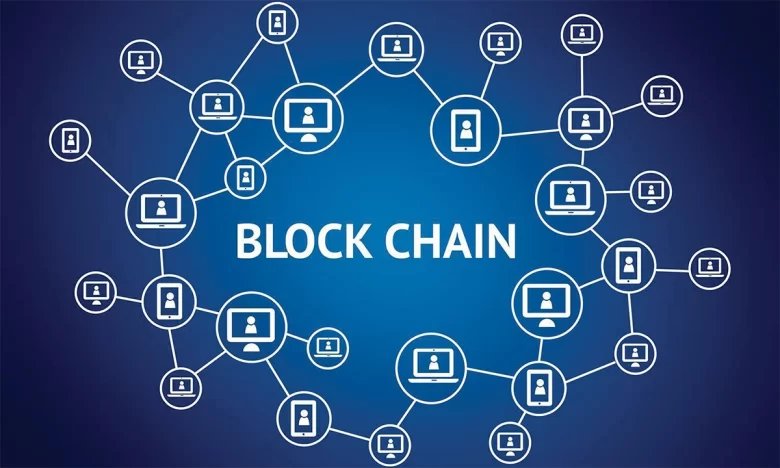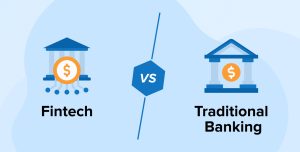By 2025, AI will no longer be a buzzword but a key enabler for financial operations. Automated investment advisory systems and fraud detection systems are leveraging increasingly sophisticated AI technologies. Fintech companies are using AI to enhance the customer experience through chatbots, predictive analytics, and personalized financial planning tools. These real-time systems can recognize user behavior and meet user demands for more accurate recommendations and faster services. AI is also improving fintech’s back-end processes, making them more efficient and secure. As the volume of financial data grows, AI will be essential for gathering insights and delivering smarter, more proactive services.
Embedded Finance is Booming Across Industries
By 2025, embedded finance will transform financial services. Financial tools will be integrated into non-financial platforms, and consumers will be able to access payment, lending, insurance, and investment solutions via apps. Retailers, e-commerce platforms, and ride-hailing services will increasingly offer financial services without the need for a bank. Embedded fintech systems can offer online shoppers a “buy now, pay later” payment option. This trend is changing customer expectations and making financial services more flexible and contextual. Fintech companies are working with non-financial brands to expand their reach and deliver services when people need them.
Integrating Blockchain and Decentralized Finance
Blockchain technology will drive the development of decentralized finance (DeFi) in 2025. DeFi uses blockchain smart contracts to execute transactions without the need for banks or brokers. Due to its low costs and high transparency, DeFi services will become increasingly popular in lending, trading, and savings in 2025. Traditional banks are also using blockchain to accelerate cross-border payments. Central bank digital currencies (CBDCs) are also becoming increasingly popular, allowing governments to offer digital legal tender via blockchain networks. DeFi, combined with traditional financial infrastructure, will create a more decentralized, transparent, and efficient global financial system.
Expanding Digital Identity and Biometric Security
The digital financial industry is putting security and authentication first, and FinTech companies are changing the way consumers identify themselves in 2025. Digital identity solutions have become commonplace, allowing users to verify their identity securely and easily online. FinTech applications are increasingly using facial recognition, voice authentication, and fingerprint scanning. These tools reduce the need for passwords and make fraudulent access difficult. In addition, digital identity solutions make it easier to open accounts, apply for loans, and comply with regulations. Biometric authentication is essential for online financial services because of its security and simplicity.
Green FinTech Innovation and Sustainability
In 2025, environmental awareness will drive FinTech more than ever. Green Fintech, which integrates sustainability into digital finance, is gaining popularity among organizations and consumers. Environmentally friendly platforms such as alternative investments in renewable energy and carbon footprint trackers are gaining popularity. Startup fintech services are encouraging consumers to make sustainable financial decisions, such as supporting ethical businesses or using digital statements to reduce paper usage. Banks and investment firms are using fintech technologies to launch green bonds and climate-focused portfolios. As global demand for responsible investing increases, fintech companies seeking environmentally friendly customers are using sustainability as a competitive advantage.
Mobile and Low-cost Financial Inclusion
Mobile-first, low-cost fintech solutions will be a key trend in 2025, contributing to financial inclusion. Smartphones have made financial services available in areas where traditional banking infrastructure is lacking. Fintech companies offer mobile wallets, microcredits, and savings tools to disadvantaged groups, enabling them to participate in unbanked economic activities. Simple, clearly translated user interfaces and extremely low data usage are typical features of these services. Fintech is removing various barriers to help millions of people save, invest, and build credit for the first time. Governments and international organizations are working with fintech providers to promote these initiatives and emphasize the importance of technology for financial inclusion.
Accelerating Open Banking and Real-time Payments
Real-time payments and open banking will lead the development of fintech in 2025, transforming the transfer of money between individuals, businesses, and institutions. Real-time payment systems offer immediate, 24/7 money transfers without delays. In addition to domestic payments, international transactions will become faster and cheaper. Open banking enables third-party applications to securely access financial data with user consent, creating an ecosystem for fintech companies to provide personalized financial solutions. This gives users more control over their financial data and expands their financial management capabilities. Open banking personalizes and makes financial services more transparent through budgeting apps that integrate all accounts and customizable lending platforms.
Conclusion
Fintech 2025 is about transformation, not just technology. Consumer expectations, technological advancements, and the desire for a more convenient, secure, and sustainable financial system will drive financial developments this year. Artificial intelligence, embedded finance, blockchain, digital identity, green innovation, financial inclusion, and real-time payments are more than just trends; they are changing the way people think about and use money. These changes will affect everything from everyday spending to long-term investments. As fintech evolves, the financial industry will become faster, more inclusive, and more responsive to the diverse needs of users around the world. What was once futuristic is now the norm, and developments in 2025 are creating a more dynamic financial future.
FAQs
1. What are the key trends in fintech in 2025?
By 2025, artificial intelligence (AI) will impact investment management and fraud prevention on digital financial platforms.
2. How can fintech improve financial inclusion?
Fintech offers low-cost mobile financial services to the unbanked and underprivileged, making savings accounts, loans, and digital payments more accessible.
3. Is it embedded finance?
Users can access payments, credit, and insurance through embedded finance via retail or service platforms.
4. Are real-time payments secure?
Strong authentication and encryption technologies enable secure real-time payments. Fintech platforms prioritize transaction security.
5. How does green fintech contribute to sustainable development?
Green fintech drives investment in sustainable assets, reduces paper waste, and maps the carbon footprint of financial activities.




